Richard Wainwright: "We want a European Union looking after forests rather than burning them in the name of renewable energy"
Fern is a NGO which keeps track of the European Union’s involvement in forests and coordinates NGO activities at the European level. Richard Wainwright explains some of their challenges, successes and future goals.
How would you describe Fern?
Fern is a campaigning organisation which facilitates social and environmental organisations to improve EU policies and actions that affect forests and people globally.
How did the project start and what has been its evolution over the years?
Fern started in 1995 at a meeting of forest campaigners called “Forest Movement Europe”. The participants all agreed that a new organisation should be set up to inform environmental and social NGOs about EU processes and help them campaign on EU policies and processes. We are a non-hierarchical organisation and we aim to remain small. None-the-less we have steadily grown over the years from two staff to 19 now.
What kind of activities do you carry out?
Activities depend on the campaign, the role of the Fern staff member, and the need of the campaign. Examples include research, monitoring, networking and advocacy activities such as producing short explanatory films, briefings and infographics about complex issues. We also deliver advocacy trainings to African partners; facilitate joint meetings of NGOs and others to discuss how to solve issues affecting forests; and host events at the European Parliament to bring decision makers, the private sector, academics and NGOs together.
You highlight that Fern functions in a collaborative manner. How do you do it?
Fern works differently with each partner and in each country we work in. We think it is essential to take our and other organisations’ unique needs into account. With some partners we help build their capacity to be involved in forest-related discussions, other partners we create joint strategies with, others we host and invite to meetings with relevant EU decision makers.
Could you tell us some recent Fern’s success that you are especially proud of?
We are particularly proud that the recent European Commission evaluation of the EU FLEGT Action Plan was so positive, noting the areas that need increased effort and those which should be replicated. We have also been a driving force behind trying to keep forests out of carbon offsetting. Once success we hope to have soon is the introduction of an EU Action Plan on deforestation. This is something we have been pushing for, facilitating discussions with other NGOs, the private sector and the Commission. We launched our call for an action plan at the European Parliament in March of last year.
How do you connect research and advocacy?
The only way to have effective advocacy is to base it on strong verifiable research. Before advocating on any issue, we first check our research with relevant experts. It is one of the things that makes Fern who we are – even our research is done collaboratively.
In what measure can organisations like Fern have influence in EU policy?
EU policies can be influenced in numerous ways, from large public campaigns to corridor meetings with individuals. Our main tactics are to ensure strong verifiable research, to fact check-this research with experts in the field and to facilitate coalitions of NGOs and others to have constructive dialogues with decision makers. Change is rarely achieved by one person or organisation, but through a number of different organisations often with very different tactics but the same overall goal.
What are your future goals?
An EU which releases practically no greenhouse gases emissions, only imports legally and sustainably produced timber and agricultural products, recognises forest dependent peoples’ right to their land and looks after European forests rather than burning them in the name of renewable energy.
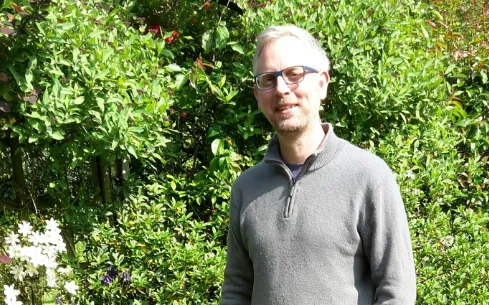
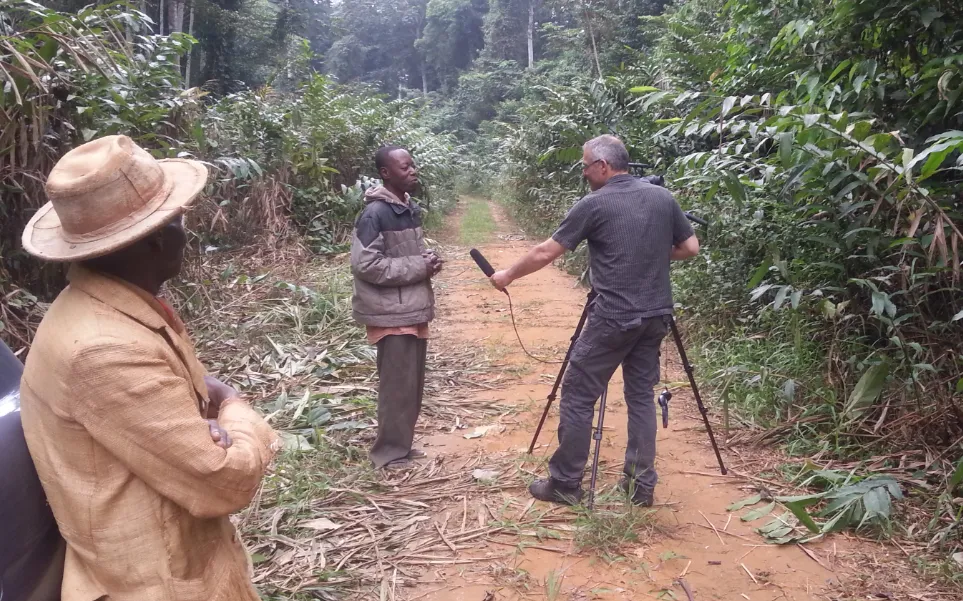
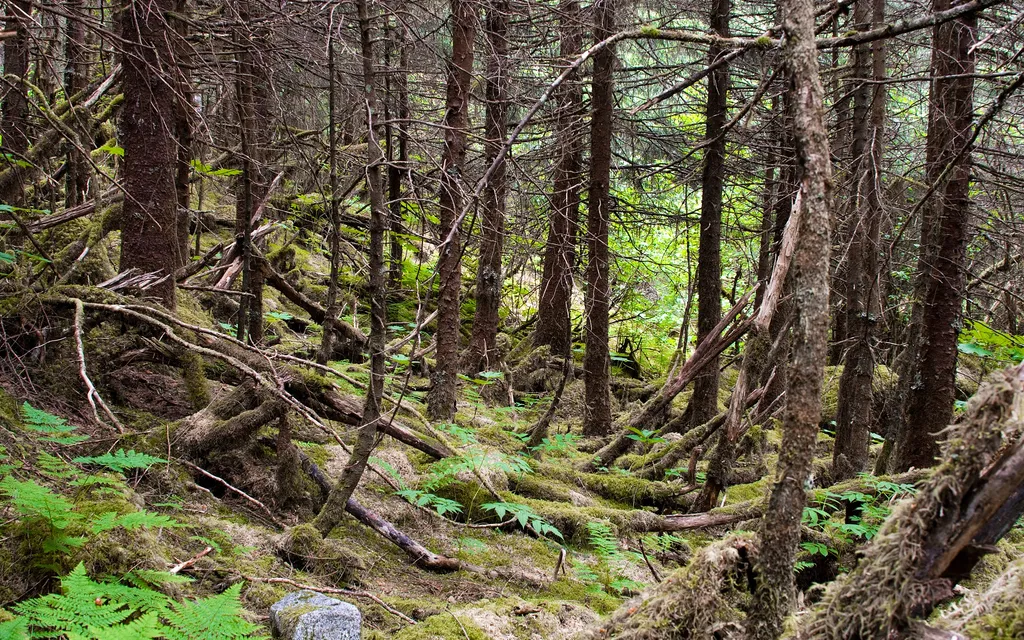

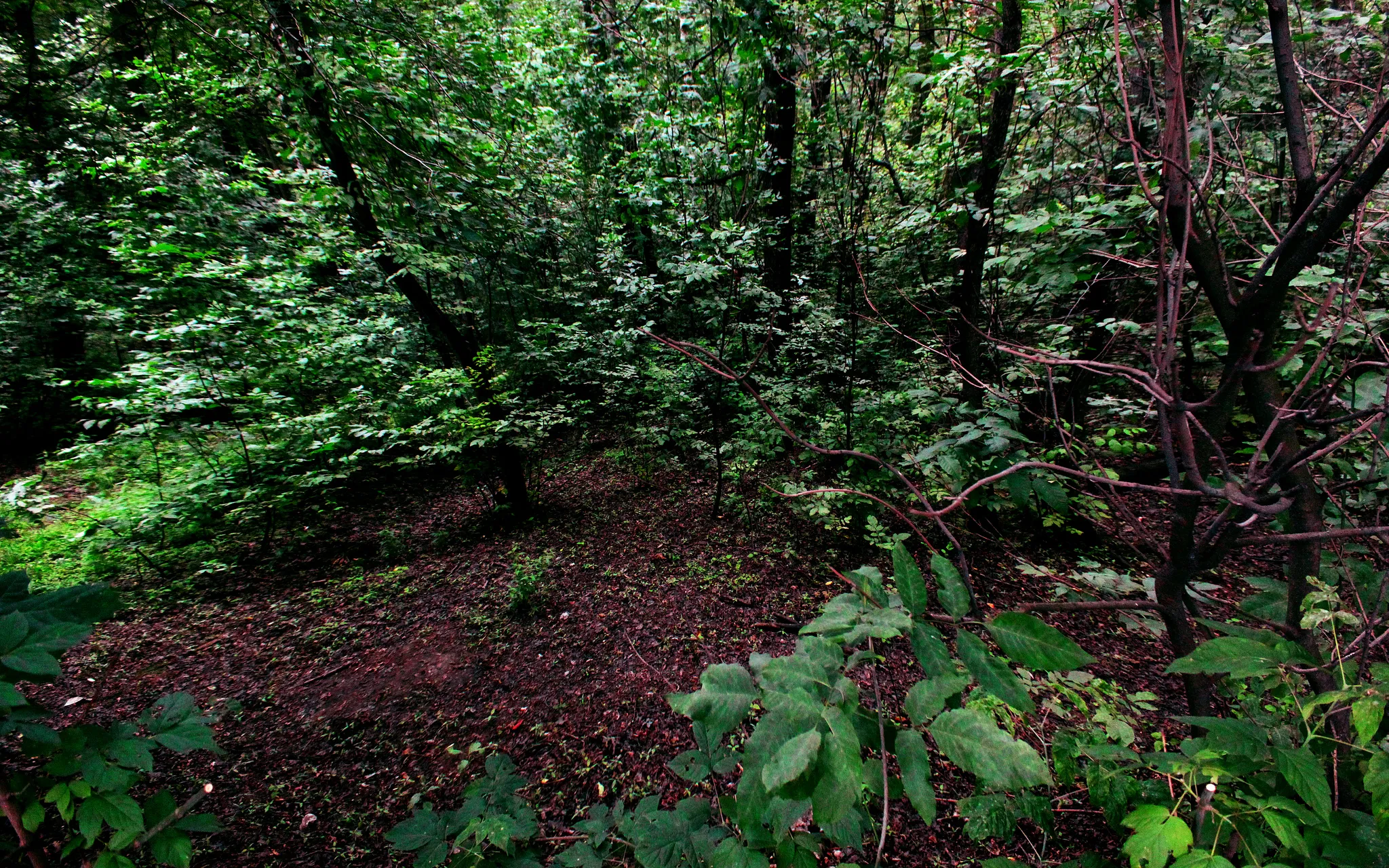
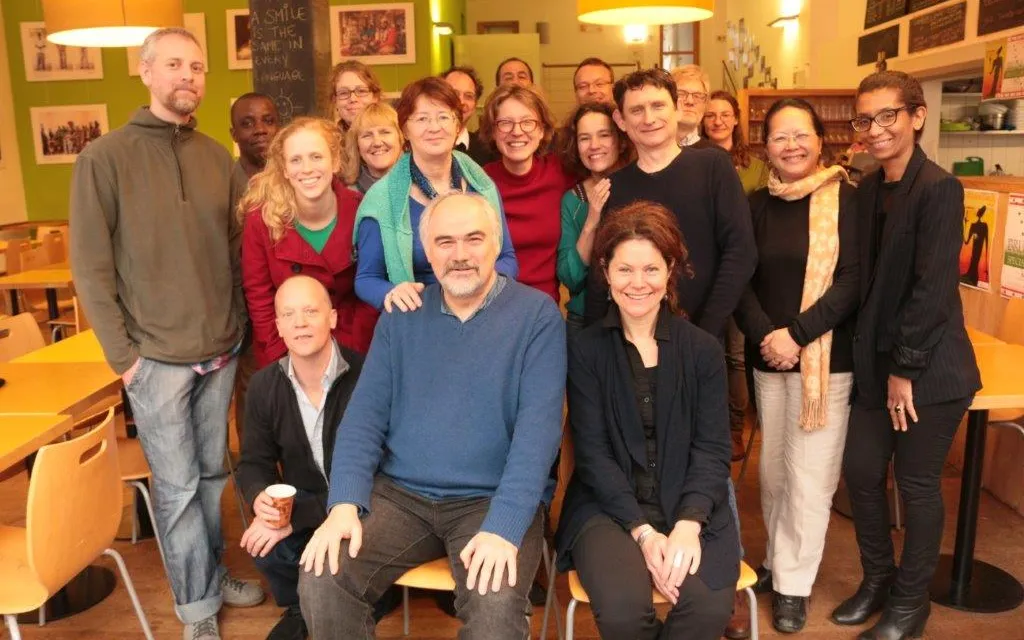


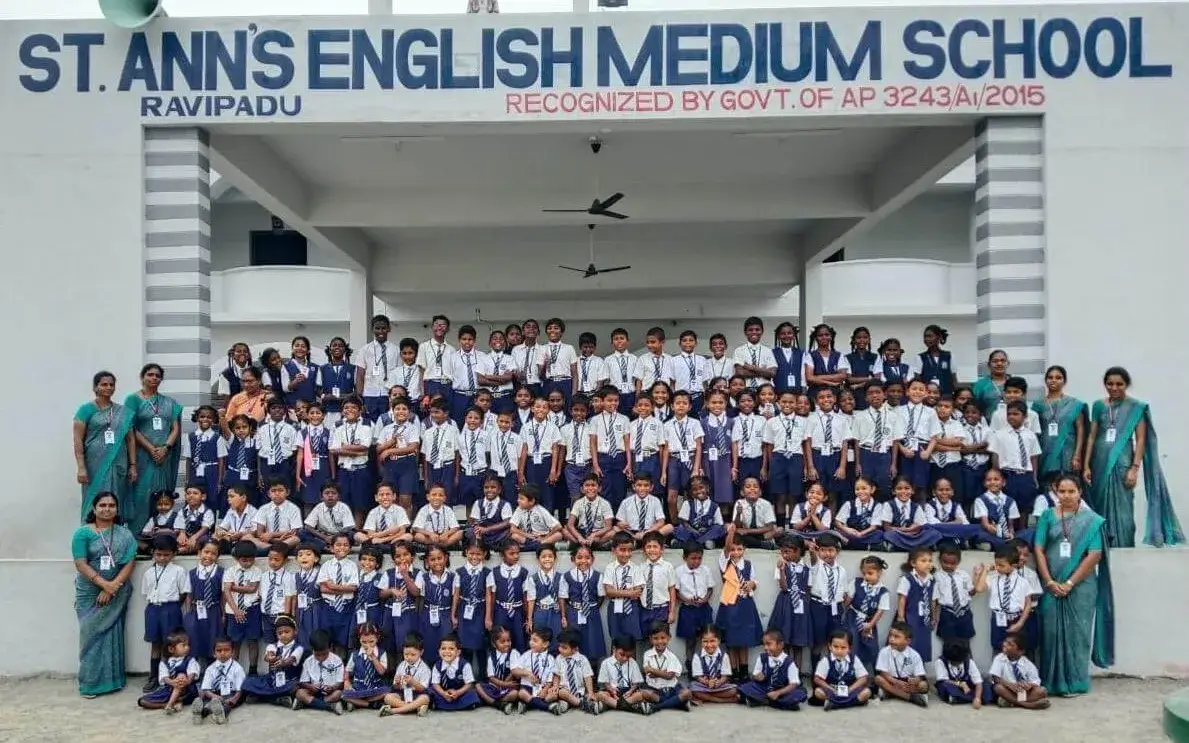
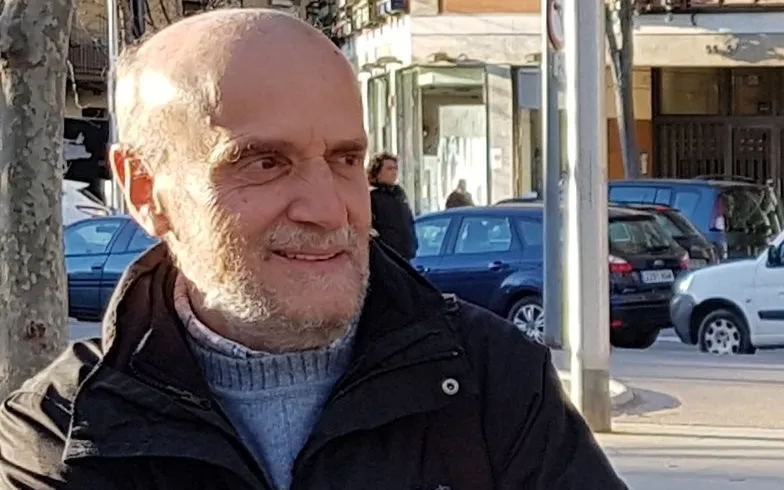

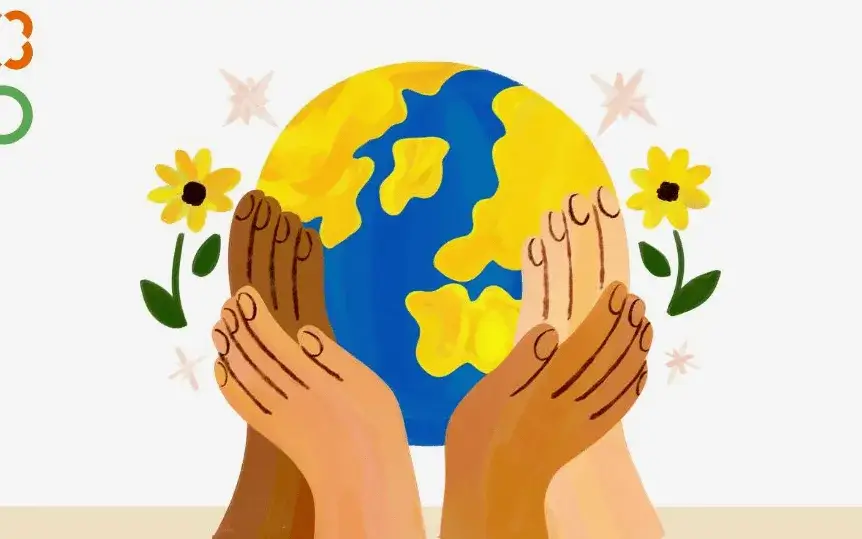
Add new comment